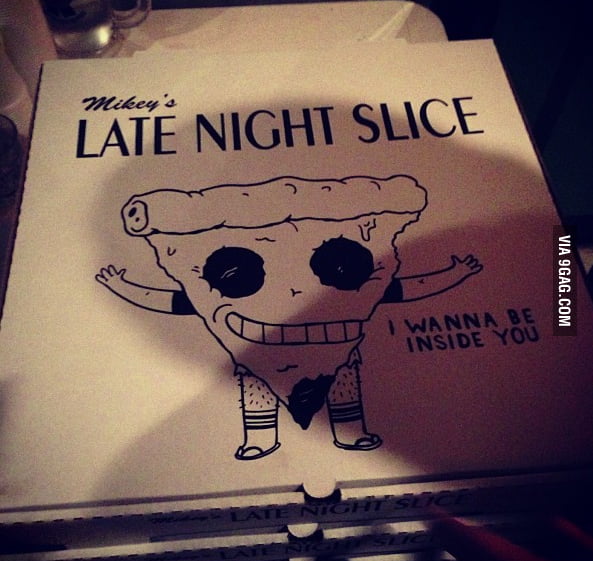


That’s part of the longing, the idea that a whole pizza means having so much that you don’t even think about the fact that you have it. But mostly the people on screen take the pizza for granted, even while eating it. The scene is never about the pizza, although to me it always is. Pizza, like those white paper Chinese takeout cartons that were promised to me as a preteen when I watched sitcoms set in New York and then, it turned out, barely existed anymore when I got here, is more often than not just a backdrop, a prop for characters while they talk about something else. When a pizza arrives on screen in a sitcom, somebody opens the pizza box and one of two things happens: Everyone exclaims in delight (me too, buddies) or nobody reacts at all. Wanting success, or safety, or people who have hurt me to fail, wanting to be loved or understood or to get some long-shot thing I’ve applied for, wanting all my worries to quiet and finally be proved wrong, wanting to come in from the cold, wanting people who think poorly of me to read something I wrote and be grudgingly moved by it, wanting to sleep when I haven’t slept in a long time, and wanting to be beautiful on the days when I feel the ugliest: all of this feels like wanting a pizza. Wanting someone very badly, someone who is very bad for me, feels like wanting a pizza, and not the other way around. If you don’t instantly seize up with incapacitating desire, with the same kind of want that frequently when I was younger caused me to ruin my life over terrible people, when you see a pizza box heavy with wet cheesy warmth land on a kitchen table, then we are fundamentally different people. I don’t know that I can - or even should- try to explain the longing for a pizza that rises, monstrous, in me when a pizza arrives on screen in a television show. One is any time anyone orders, and then receives, a pizza, and the other is Friendsgiving. There are two things that happen on sitcoms that fill me with a wild and unquenchable longing.


 0 kommentar(er)
0 kommentar(er)
